Deciding whether to leave your current job is a big decision. But what about a full career change?
In this post, we’ll explore what goes into the decision to change your career path.
I’ll share research-backed insights, tools, and questions to help you determine if a new career is truly a bad idea for you — or if changing careers could be the best decision you’ll ever make.
The Power Of Happiness And Job Satisfaction
Feeling unfulfilled in your day job impacts more than your workday.
A 2016 study by Ohio State University found that people with low levels of job satisfaction in their 20s and 30s faced various health issues by age 40, including:
-
- Excessive worry
-
- Trouble with sleep
-
- Depression
You can escape a condescending boss, an inadequate workload, or an unreasonable project or client by finding a new employer.
But according to Pew Research, over half of workers (53%) who left their jobs in 2021 weren’t just swapping companies… they completely changed industries.
Are you considering a new career, too? You might start by evaluating the potential pros and cons of a career change.
What Are The Pros Of A Career Change?
Let’s start with the good stuff! What are some of the best reasons for a career change?
Think of this as a starting point for your own personal list.
1. It Could Help Prevent Future Health Issues
Remember the study linking job dissatisfaction to excessive worry, trouble sleeping, and depression?
Well, there’s good news. Folks in that study whose job satisfaction increased over the years showed zero health effects — mental or physical — related to their satisfaction level.
Notably, the study doesn’t say that their health improved. It just states that it had no measurable impact, meaning it didn’t get better or worse.
So, improving your job satisfaction alone might not improveyour health.
But if you knew that increasing your job satisfaction might help prevent further health impacts … what would you do?

2. You Could Defeat The Sunday Scaries
There you are on Sunday morning, waking up after a fun night … then BAM! You realize that after tidying up your place, running errands, and prepping for the week ahead, the rest of your weekend is basically spoken for — and it’ll be Monday all over again.
Can you feel the dread setting in?
But imagine this: after my career transition, I don’t get the Sunday Scaries anymore.
I never thought it was possible, but here I am. And I want more people to know it’s possible, too:
You won’t know how incredible life could be with a new career path — until you commit to finding a more fulfilling career.
3. You’ll Remember What Interest And Anticipation Feel Like
Your current job is this thing you spend dozens of hours every week thinking about, working on, traveling to/from, worrying about, etc. — even in your free time.
But what if you could spend those dozens of hours moving in a new direction? What if you actually wanted to?
I avoided talking about “excitement” here because it usually feels fake to me. How many times have you said you were excited at work, but you really felt the opposite?
“I’m excited to be here as we…”
“I’m so excited to get started!”
“I’m excited to present our new process.”
This white lie might even date back to your very first conversation with your employers’ hiring managers…
So let’s not pretend that we’re truly excited to wake up every day and earn a living, instead of anything else we’d rather do.
But if you don’t dread work, you’re interested in it, and you find most of your daily tasks fulfilling? That’s a hell of a lot better than where you are now.

What Are The Cons Of A Career Change?
On the other hand, changing careers isn’t all easy, fun, and interesting. Some of it is frustrating, stressful, and mundane.
Here are a few cons to consider.
1. You May Need To Reprioritize
If your career doesn’t fall within your top 5 priorities, a career change will be hard or impossible for you.
It may be upsetting to frame it that way, but think about it:
-
- When’s the last time you accomplished something great without putting in any effort?
-
- What part of your life did you totally transform without any impact on the rest of your life?
It’s not that you should put your professional life before your health, family, or relationships. (Please don’t do that. Work-life balance may be hard to achieve, but don’t stop fighting for it!)
It’s just that if you’re going to shake things up, learn new skills, create a long-haul plan, and stick to it … all of those things need to be a high priority for you.
Otherwise, you just won’t be invested enough to keep moving forward.
So, if a successful career change moves into your top 5 priorities, what will you deprioritize? And is that a good choice for you?
If you tend to have trouble reprioritizing, career coaches can help you figure out how to move forward! This blog post explains how.
2. You’ll Feel Like A Newbie Again
For some of us, this is a pro. We’re humble enough to admit when we don’t know something and feel energized by new challenges.
But for others, the idea of “starting over” or not being an expert is uncomfortable and confronting. We can’t imagine working in a new field if it involves a totally fresh start — like business school, a new bachelor’s degree, or breaking the news about switching careers to your professional network — much less hiring managers in your new industry.
If that’s you, do you want to examine what’s behind those feelings and learn to manage them?
Or is it more valuable to you to keep feeling like an expert in your current position?
(BTW, transferable skills are more real than you might think! I couldn’t truly see how my past skills applied to my coaching career until I’d already changed careers.)
There are no wrong answers to this. But if you prefer to keep being the expert, a career change journey might not feel rewarding to you.

3. You Might Feel Judged (But That’s Their Problem, Not Yours!)
If you tend to worry about what others think of you, take note: a career change will put you in the spotlight.
Your boss, colleagues, family, friends, and friends of friends will all want to know:
“What was so bad about your job?”
“What are you going to do next?”
“Why would you want to start over now?”
“Aren’t you throwing away a great career?”
“Won’t you get paid less?”
“How can you afford to change careers?”
“What does your (spouse, parent, boss) think about this idea?”
Some people will be curious because they support you and want to know more about you. We love these people!
Others will just be making conversation.
But some will really, truly think leaving your job or industry is a bad idea … and they’ll want you to know it.
You’ll have feelings about their feelings. You might feel cornered or reactive, as though you have to justify your decision for their approval.
You don’t… but you’ll still want to respond somehow!
So think about what you might say to those questions. You can share as much or as little as you’d like. You can even script your answers and practice them.
But the best way to confidently respond is to feel confident in your decision.
It will take time, research, introspection, and support to get there. So if that means you stay quiet about your new career plans for a while, do it!

Is A Career Change A Bad Idea? FAQs
Here are some common questions when deciding if changing careers is right for you.
Is it a bad idea to change careers at 30?
In my late 20s, my goal was to change careers at age 30. Then 30 came and went. Then 31, and 32.
Eventually, it became apparent that I could end up in the same career until retirement… if I didn’t commit to action. And at age 32, I finally did.
So, is it a bad idea to change careers at 30? Is it too late to switch careers at 35? Can I change my career at 40?
IMO, a career change — at any age — is only a bad idea if:
-
- You don’t want to
-
- It’s not a high priority
-
- You don’t have the capacity to take it on
-
- Doing it too soon would jeopardize your basic needs (housing, food, etc.) — you need a solid plan before taking action
At what age is it too late to change careers?
Whatever age you are, you probably think you’re too old for something. Too old to learn to ride a bike. Too old to go back to school. Or maybe too old to change careers.
Well, it’s never too late. At the risk of sharing info you already know:
-
- Award-winning author Toni Morrison wrote her first novel at 40
-
- Fashion icon Vera Wang found her passion at age 40
-
- Actress and trans rights activist Laverne Cox got famous at 41
-
- Chef Julia Child published her first cookbook at age 50
And it doesn’t end at 50! It’s not too late for a career change — at any age.
What careers are easy to switch to?
The easiest career to achieve probably won’t involve additional education or certifications, new job descriptions, risky leaps, or uncertain outcomes. In short — it’s the career you already have.
The next level is a career that’s a little different, but an easy leap — like shifting from a SaaS salesperson to launching your own SaaS consulting business.
But is that different enough? Was it being an employee that you hated, or was it actually sales… or even Saas? In ⅔ of those cases, you’ll still be miserable.
Here’s what I’m getting at:
You don’t change industries because it’s easy.
Instead, you crave a career changebecause staying where you are has become the hardest “easy” thing in your life.
And what if choosing the “easy” career lands you right back where you started — dissatisfied, unfulfilled, with zero work-life balance, and ready to quit?
Assessing your priorities and risk tolerance can help you make the best (not necessarily easiest) decision.

How do I drastically change my career?
This is cheesy but stick with me:
Career transitions start with you.
When you’re done rolling your eyes, think about it.
Before applying for a new job — before the interviews, the resume updates, and before even deciding what direction you want to go, you first have to:
-
- Want it
-
- Believe you can do it
-
- Believe you deserve it
-
- Set your own goals
-
- Create realistic action items
-
- Take the first step
If you want to drastically change your career, you have to commit to it.
So are you willing — and ready — to do that?
On The Fence? Try The Career Fit Checklist
If you aren’t sure whether you’re sick of your job or need to leave your entire industry, that’s ok! Leaving your current position is usually a “look before you leap” situation, whether you’re changing industries or not. So it makes sense to get clear about what you want fit.
Enter my Career Fit Checklist.
This free guide helps you carefully and confidently evaluate if a career change is right for you.
Examine the importance of work-life balance along with the frustrations of your full-time job and career path.
The checklist is fillable and printable, so you can use it however you’d like.

Click here to download your free copy of the Career Fit Checklist.



